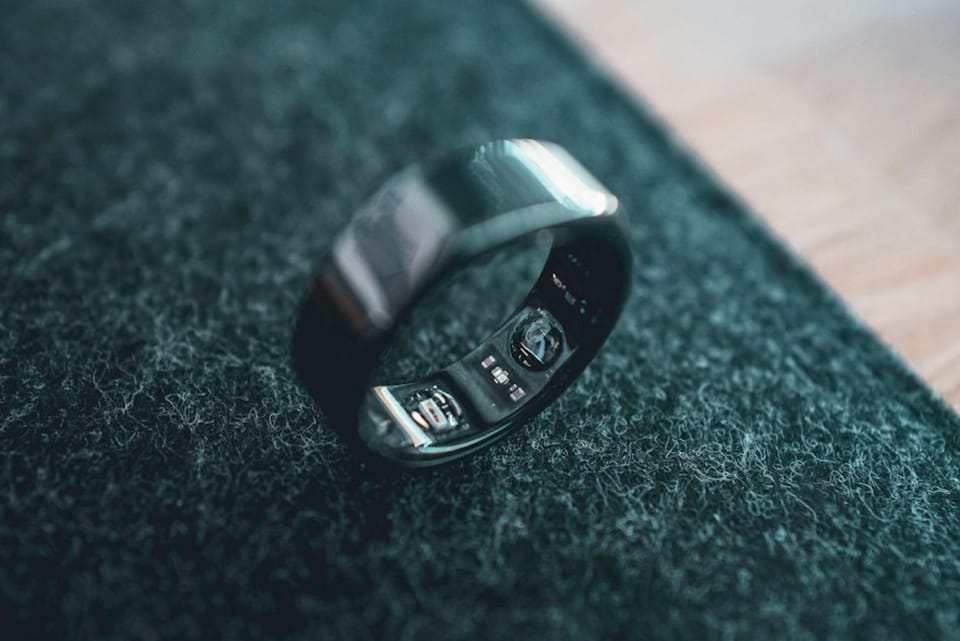Oura ring deal raises valid concerns about users' health data security

For the past couple of weeks, there has been an ongoing uproar from Oura customers following the announcement of a partnership between the wearable smart ring maker, and the U.S. Department of Defense (now War) and Palantir.
Much of the furor was sparked by Oura's poorly worded communication and general handling of its news, which some customers read as the wearable maker moving to share their sensitive health data with the U.S. government. Oura rings collect a range of health data, such as heart rates, sleep patterns, body temperature, menstrual cycles, movements, and more.
I first heard about the Oura-Pentagon deal from my partner, a health journalist and also an Oura ring customer. So when she told me the basic details about the deal, my first instinct was to throw the wearable into the nearest body of water.
I resisted the urge to rant ad nauseam about how the world is terrible, and instead turned to journalism. (Just kidding, I ranted a lot. "Why don't you write about this?" she said. And so here we are.)
For its part, Oura said emphatically in response that it is not sharing customers' health data with the government. Oura said in order to offer its Oura ring to U.S. government personnel or servicemembers, the company has to set up its own enterprise solution that runs on the government's servers, which is stored entirely separate from its consumers' data.
But the underlying fears that Oura customer data could be obtained by the government (or malicious hackers) is a justified concern, even if what prompted the outrage was a red herring. The conversation that erupted in its aftermath raises valid questions about where and how health tech makers like Oura store and handle your most sensitive health data.
When reached for comment, a spokesperson for Oura tells me that the company has received government demands for customers' data. More after the fold...




